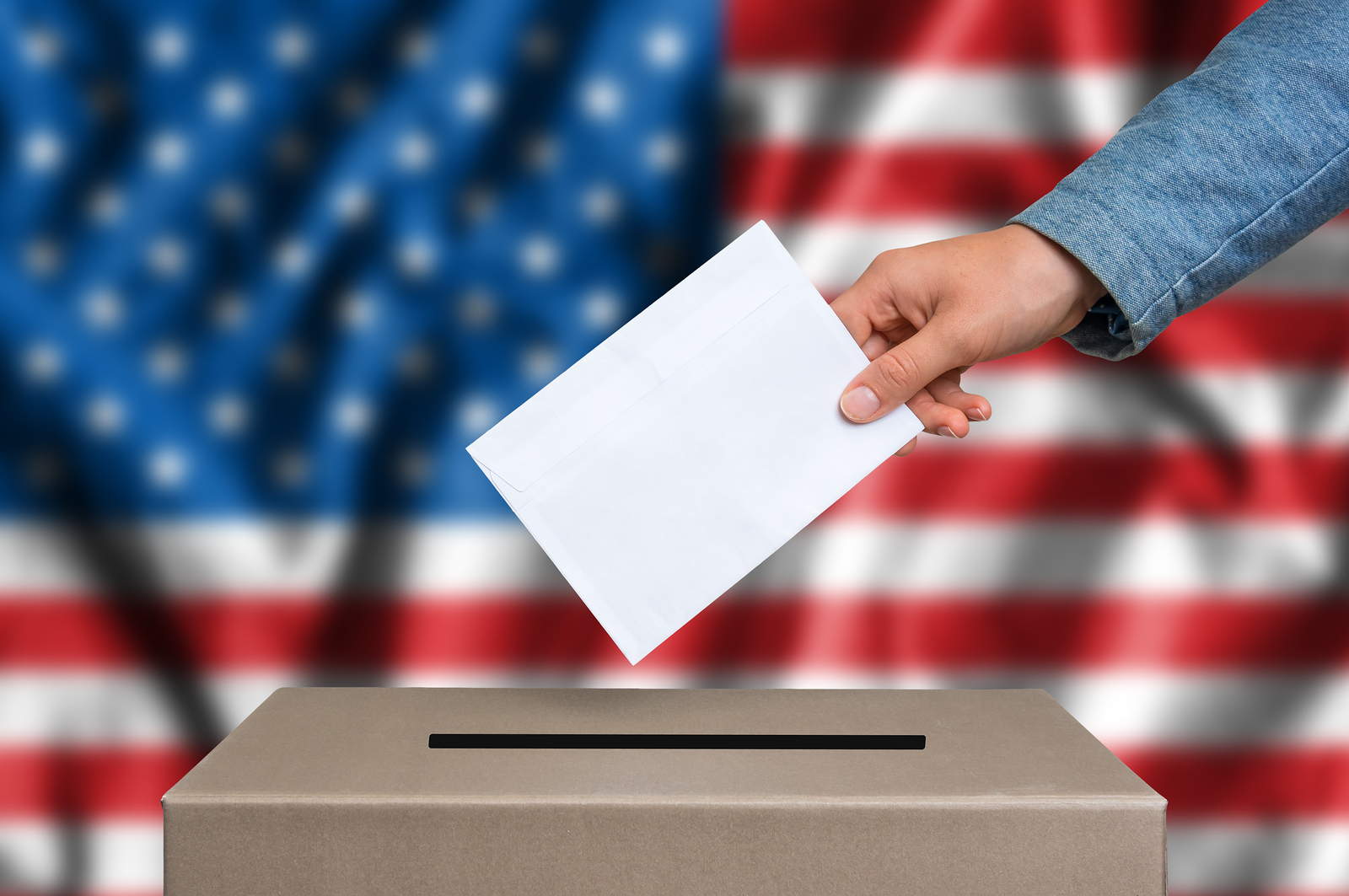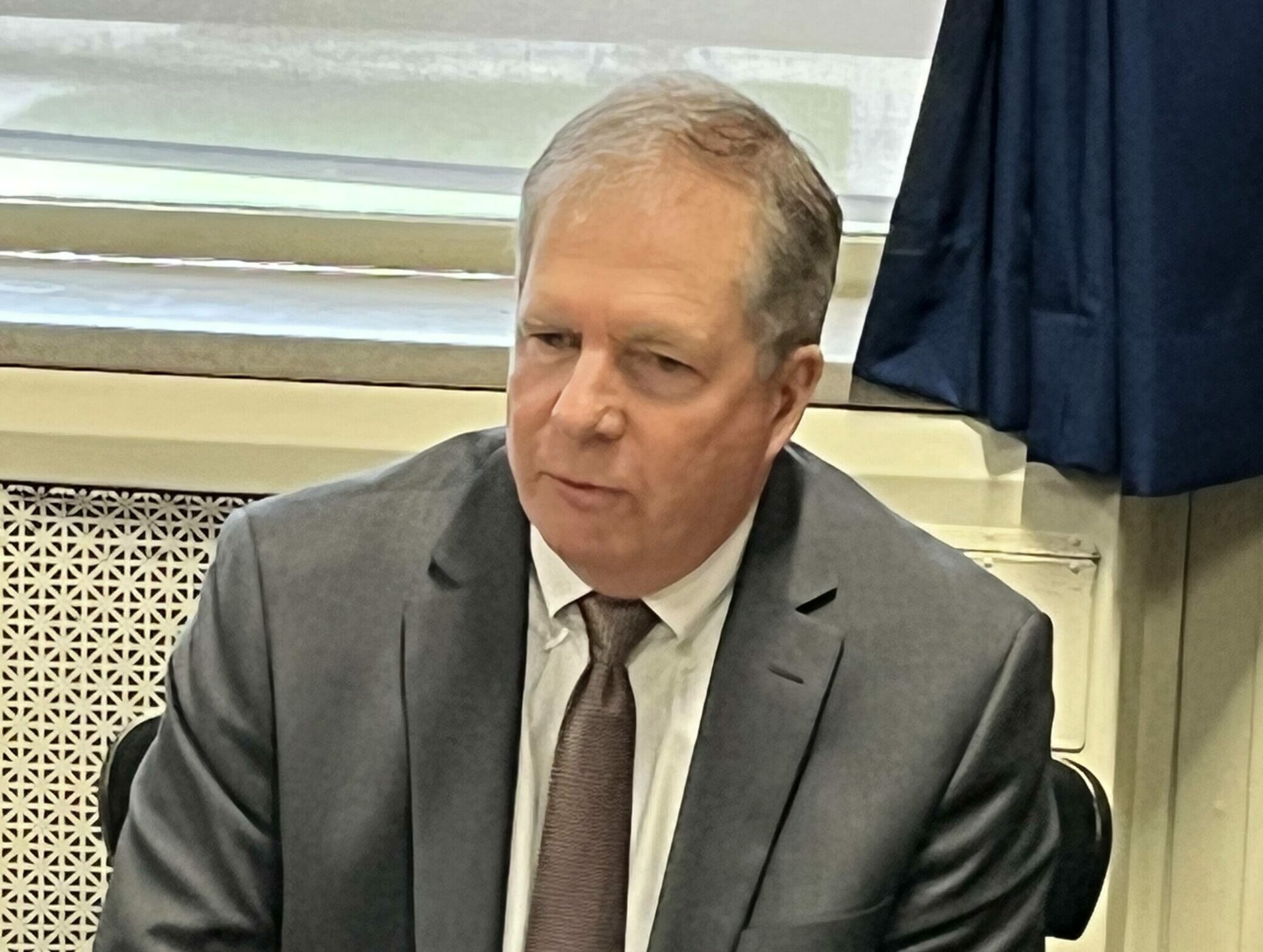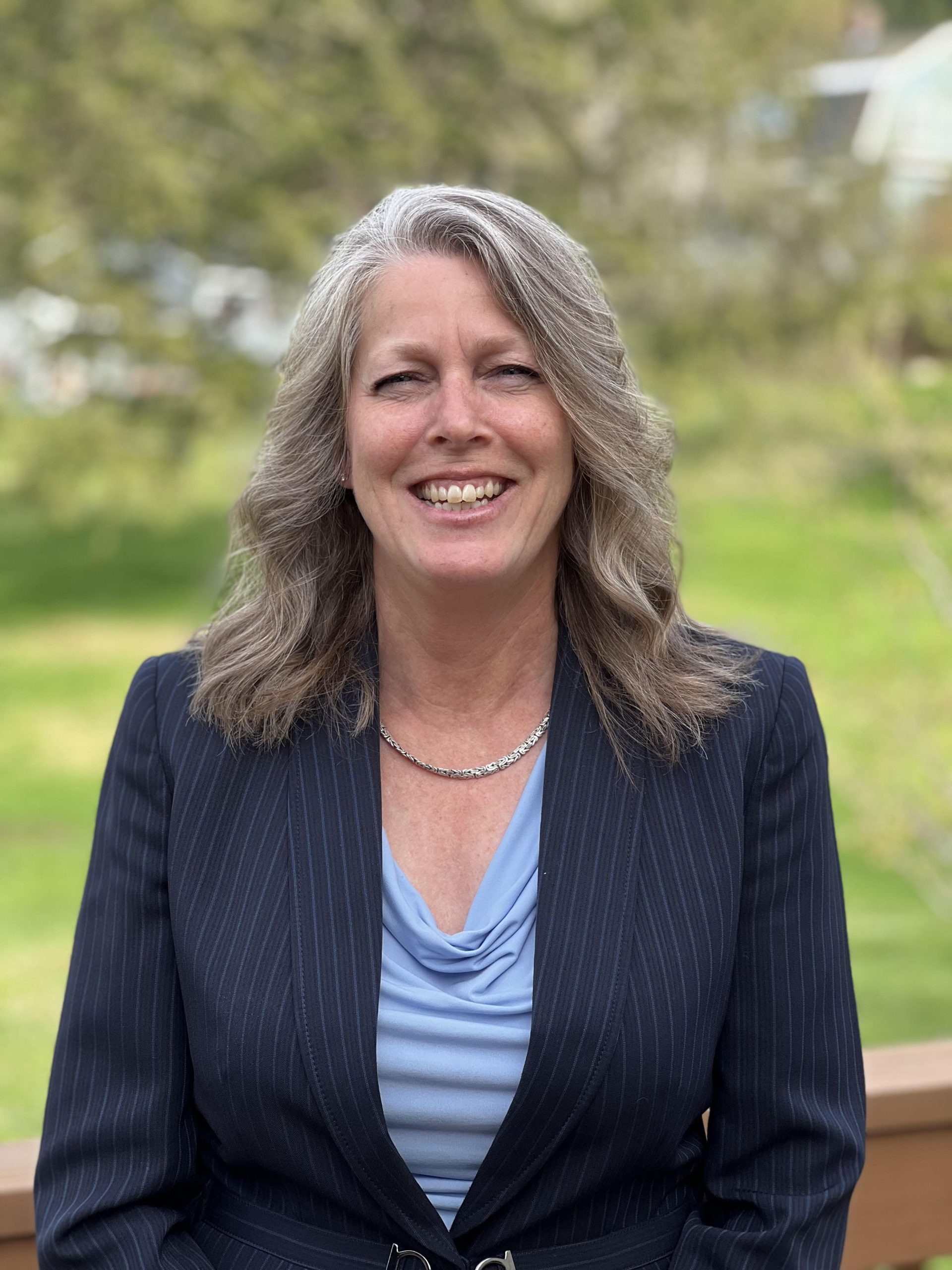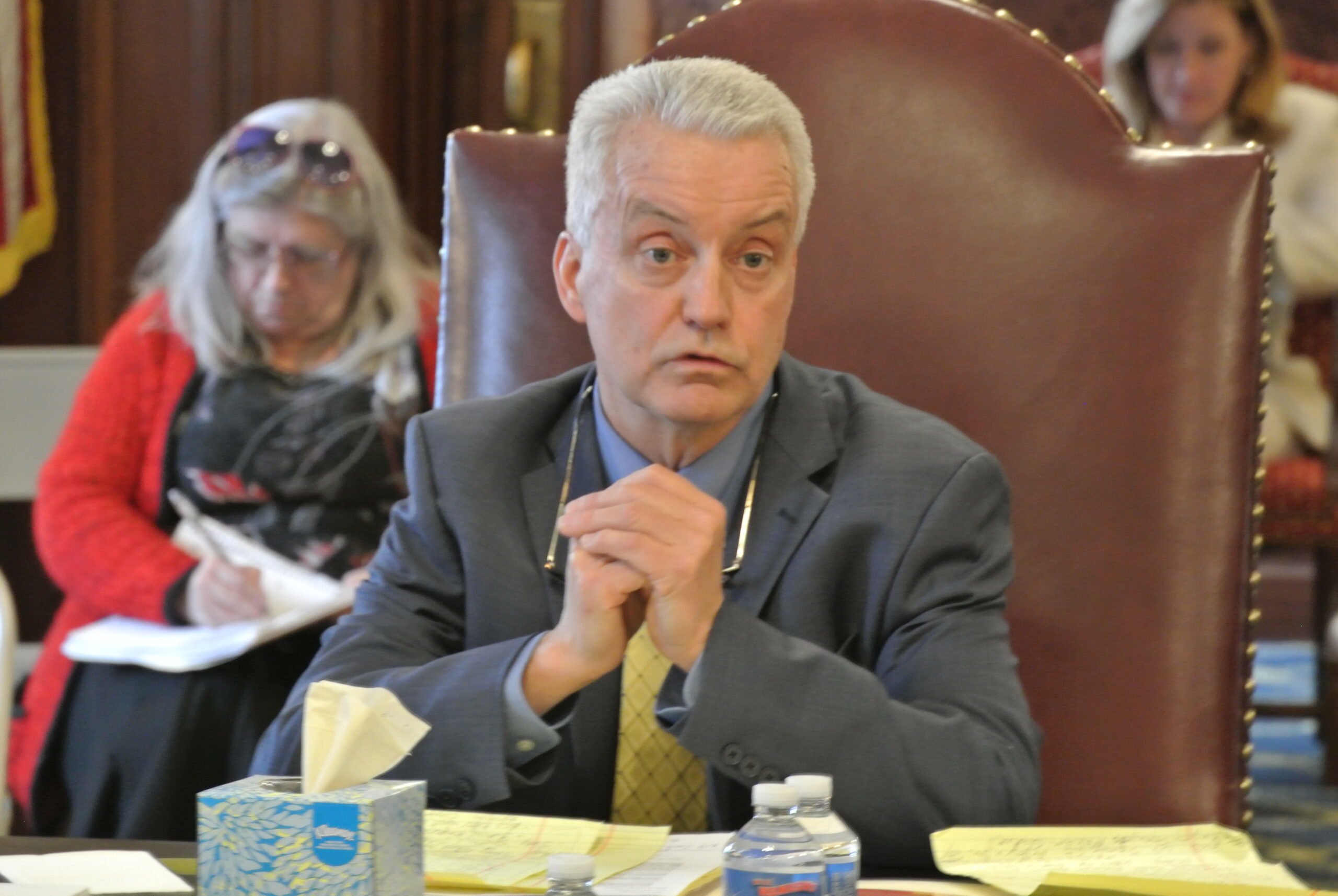AG Gets Election Law Conviction Against Small-Town Newspaper, but Illegal Mail Case Languishes
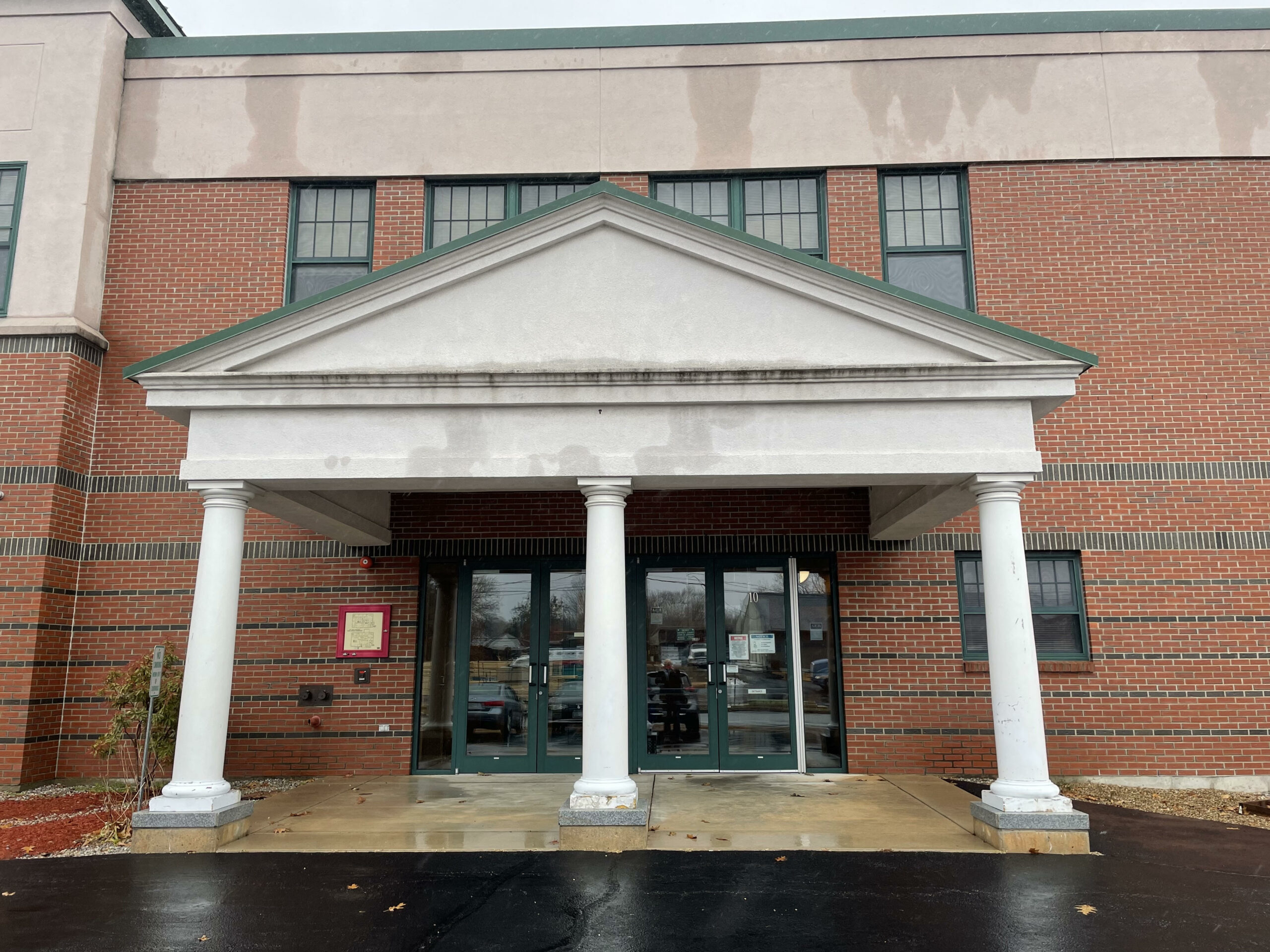
Attorney General John Formella announced Thursday that Londonderry Times publisher Debra Paul has been convicted on five counts of violating state law on political advertising.
However, Formella has yet to announce any charges — or any enforcement actions at all — over hundreds of thousands of dollars of illegal political mailers sent into New Hampshire by a Democrat mail shop to interfere in the Second Congressional District GOP primary.
Paul, 64, could get up to a year in jail on each count and faces up to $2,000 in fines for each conviction. She will be sentenced in the Derry District Court later this month. She failed to properly label political ads running in her papers.
Judge Kerry Steckowych issued the verdict Thursday following last month’s bench trial.
Paul repeatedly broke the law in the run-up to the 2022 municipal elections when she published ads for local political candidates and warrant articles in her small, local weeklies, the Londonderry Times and the Nutfield News, according to testimony at last month’s trial.
Paul’s attorney, Tony Naro, said his client never intended to be a criminal. She made repeated efforts to follow the instructions she got from the New Hampshire Attorney General’s Office but failed to meet the letter of the law.
“Her intent is abundantly clear. Her intent was to comply with the law,” Naro said in his closing argument. Paul simply struggled to understand how to do so, he said.
According to Naro, every advertisement used by the prosecution to bring the charges is clearly a political ad for school board candidates, town council candidates, and warrant articles. Paul’s crime was she did not make sure to have the words “paid political advertisement” in each ad she printed. Many were labeled “paid advertisement” or “advertisement.”
Assistant Attorney General Matthew Conley argued at trial that Paul couldn’t claim ignorance after she was repeatedly warned for prior improper ads.
Paul’s political ads were the subject of multiple reports to the New Hampshire Attorney General’s Office over several years. She got warning letters in 2019 and 2021 about how she was publishing ads, and the 2021 letter informed her that if she broke the law again, she could face prosecution.
According to testimony at trial, Paul was dealing with cancer when she struggled to handle the ads in early 2022. Paul operated the two newspapers with one employee, her husband, Chris Paul. Naro said the mistakes she made during the 2022 municipal election season were not intentional.
In the wake of the charges, Paul had to shut down the Nutfield News, Naro said.
The Democratic mail shop in Massachusetts that barraged Second Congressional District mailboxes with illegal ads, Reynolds Dewalt, has not been shut down. Nor has it been charged with a crime, despite its admission that it sent Democratic-funded mailers with no disclosures of any kind to voters during the 2022 GOP primary.
The anonymous mailers pushed GOP voters in the 2nd District away from moderate Keene Mayor George Hansel and toward MAGA Republican Bob Burns.
One piece featured a photo of Burns with a headline reading “I Stand With Trump” on one side and declaring him “100 Percent Pro-Trump” on the other. The mailer claimed Hansel was not. Another mailer asked, “Who Stands With Trump?” and made it clear the answer is Burns, not Hansel.
Burns would go on to win the primary, beating Hansel by 1,800 votes. Burns then got thumped in the general election by incumbent Democratic Rep. Annie Kuster.
Formella told NHJournal last week the case is a high priority in his office and that he has worked on it personally. Asked why more than a year had passed without any action, Formella declined to answer other than to say working across state lines slows down the legal process. And Formella denied Massachusetts Attorney General Andrea Campbell, a partisan Democrat, was anything other than cooperative.
Still, as the Republican gubernatorial primary heats up — a high-profile race the Democratic Governors Association has already declared a priority — Granite State political operatives have noticed the difference between the treatment of Deb Paul and Reynolds Dewalt.
“She doesn’t have Marc Elias on her speed dial,” one New Hampshire attorney quipped.
Reynolds Dewalt has a long history working for Democrats and is represented by attorney Marc Elias. He has done work for the Democratic National Committee since 2009, as well as the presidential campaigns for Vice President Kamala Harris and former Secretary of State Hilary Clinton.

